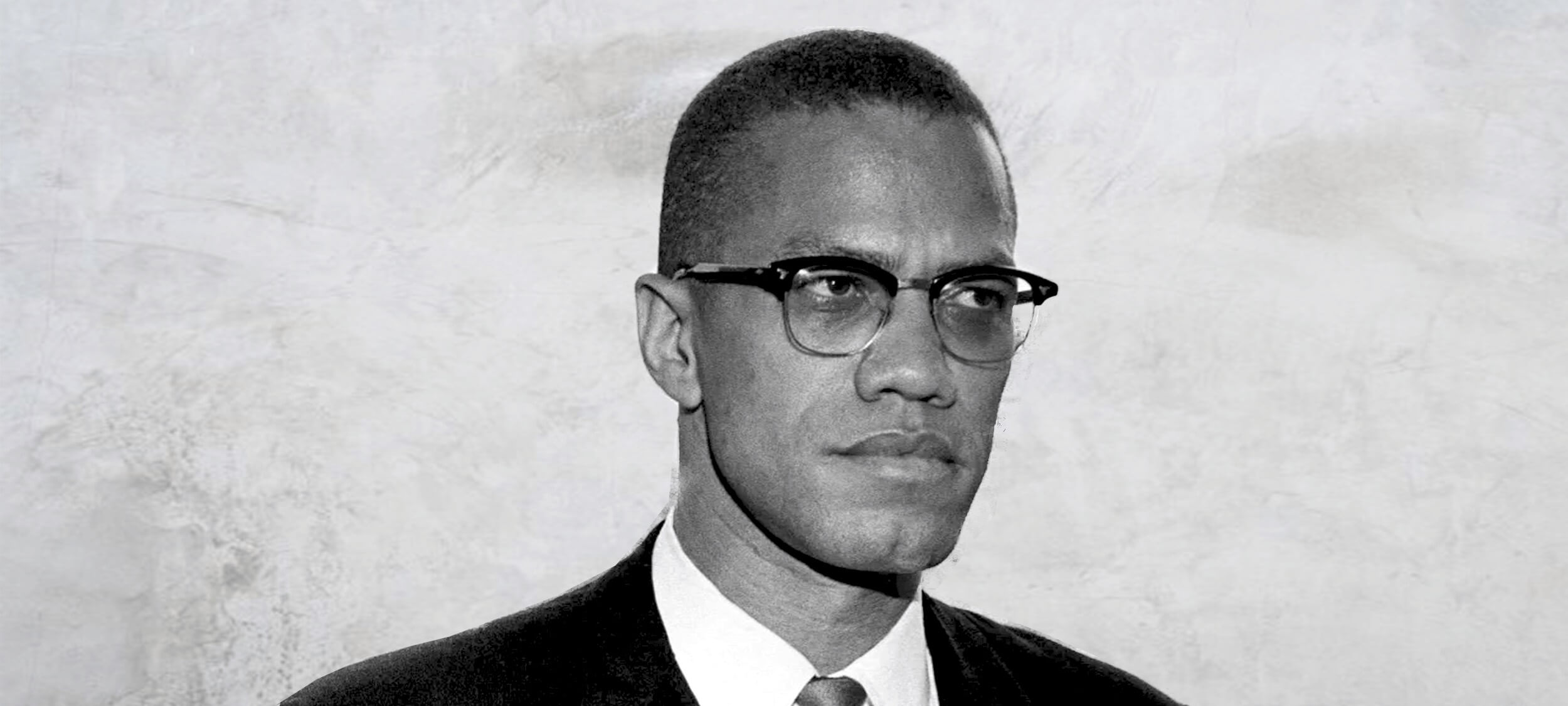The panopticon is a disciplinary concept brought to life in the form of a central observation tower placed within a circle of prison cells.
From the tower, a guard can see every cell and inmate but the inmates can’t see into the tower. Prisoners will never know whether or not they are being watched.
This was introduced by English philosopher Jeremy Bentham. It was a manifestation of his belief that power should be visible and unverifiable. Through this seemingly constant surveillance, Bentham believed all groups of society could be altered. Morals would be reformed, health preserved, industry invigorated, and so on – they were all subject to observation.
Think of the last time you were at work and your boss walked in the room. Did you straighten up and work harder in their presence? Now imagine they were always in the room. They wouldn’t be watching you all the time, but you’d know they were there. This is the power of constant surveillance – and the power of the panopticon.
Foucault on the panopticon
French philosopher, Michel Foucault, was an outspoken critic of the panopticon. He argued the panopticon’s ultimate goal is to induce in the inmates a state of conscious visibility. This assures the automatic functioning of power. To him, this form of incarceration is a “cruel, ingenious cage”.
Foucault also compares this disciplinary observation to a medieval village under quarantine. In order to stamp out the plague, officials must strictly separate everyone and patrol the streets to ensure villagers don’t leave their homes and become sick. If villagers are caught outside, the punishment is death.
In Foucault’s village, constant surveillance – or the idea of constant surveillance – creates regulation in even the smallest details of everyday life. Foucault calls this a “discipline blockade”. Similar to a dungeon where each inmate is sequestered, administered discipline can be absolute in matters of life or death.
On the other hand, Bentham highlights the panopticon’s power as being a “new mode of obtaining mind over mind”. By discarding this isolation within a blockade, the discipline becomes a self-propagating mental mechanism through visibility.
The panopticon today: data
Today, we are more likely to identify the panopticon effect in new technologies than in prison towers. Philosopher and psychologist Shoshanna Zuboff highlights what she calls “surveillance capitalism”. While Foucault argued the “ingenious” panoptic method of surveillance can be used for disciplinary methods, Zuboff suggests it can also be used for marketing.
Concerns over this sort of monitoring date back to the beginning of the rise of personal computers in the late 80s. Zuboff outlined the PC’s role as an “information panopticon” which can monitor the amount of work being completed by an individual.
Today this seems more applicable. Employers can get programs to covertly track keystrokes of staff working from home to make sure they really are putting in their hours. Parents can get software to monitor their children’s mobile phone use. Governments around the world are passing laws so they can collect internet data on people suspected of planning terror attacks. Even public transport cards can be used to monitor physical movements of citizens.
This sort of monitoring and data collection is particularly analogous with the panopticon because it’s a one-way information avenue. When you’re sitting in front of your computer, browsing the web, scrolling down your newsfeed and watching videos, information is being compiled and sent off to your ISP.
In this scenario, the computer is Bentham’s panopticon tower, and you are the subject from which information is being extracted. On the other end of the line, nothing is being communicated, no information divulged. Your online behaviour and actions can always be seen but you never see the observer.
The European Union has responded to this with a new regulation, known as “the right to an explanation”. It states users are entitled to ask for an explanation about how algorithms make decisions. This way, they can challenge the decision made or make an informed choice to opt out.
In these new ways, Bentham’s panopticon continues to operate and influence our society. Lack of transparency and one-way communication is often disconcerting, especially when thought about through a lens of control.
Then again, you might also argue to ensure a society functions, it’s useful to monitor and influence people to do what is deemed good and right.
Ethics in your inbox.
Get the latest inspiration, intelligence, events & more.
By signing up you agree to our privacy policy
You might be interested in…
Opinion + Analysis
Politics + Human Rights
Australia Day and #changethedate – a tale of two truths
Opinion + Analysis
Politics + Human Rights
Learning risk management from Harambe
Big thinker
Politics + Human Rights
Big Thinker: Malcolm X
Opinion + Analysis
Business + Leadership, Politics + Human Rights




